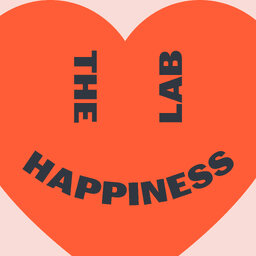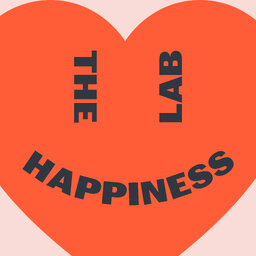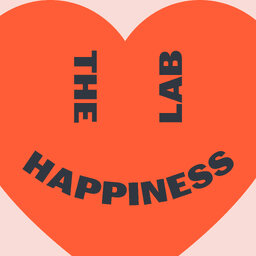Big Bird Has Big Feelings
You don't need to be 8 feet tall like Big Bird to have big, big feelings. We all experience emotions of excitement, frustration and sadness that feel overwhelming.
But when Big Bird's fun plans are ruined by rain clouds - Dr Laurie teaches him that there are ways to manage and be prepared for big disappointments and realise that the sun will return soon enough.
(Sesame Workshop is a non-profit organization with a mission to help kids grow smarter, stronger, and kinder. The work they do is funded by donations big and small - so if you want to become a part of their important work to improve children’s emotional well-being, then visit: sesameworkshop.org/support-us/)
In 1 playlist(s)
The Happiness Lab with Dr. Laurie Santos
You might think you know what it takes to lead a happier life… more money, a better job, or Instagra…Social links
Follow podcast
Recent clips

Inside the Love Lab with Drs. John & Julie Gottman (Part 1)
47:04

Why Algorithms Can’t Predict Your Love Life with Dr. Paul Eastwick
41:11

How to Find "The One": The Science of Dating with Tim Molnar
45:01
 The Happiness Lab with Dr. Laurie Santos
The Happiness Lab with Dr. Laurie Santos